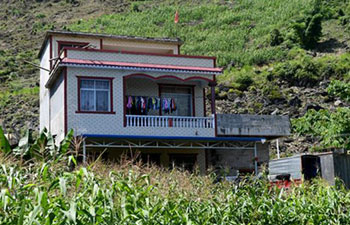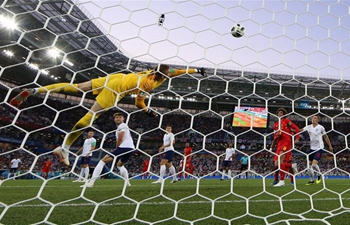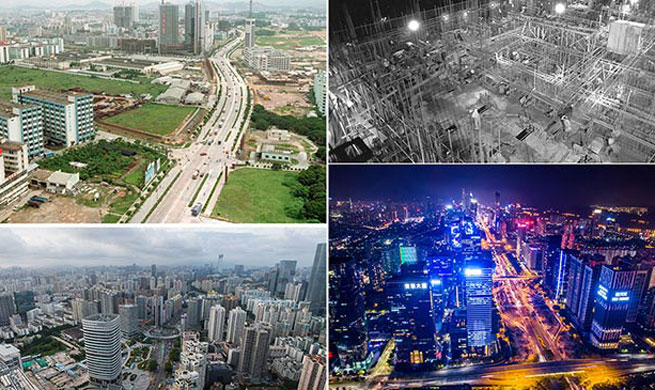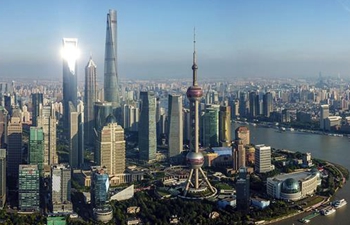DUBAI, June 29 (Xinhua) -- Abu Dhabi, capital of the United Arab Emirates (UAE), has topped the list of "smart cities" in the Middle East and Africa, said the department of culture and tourism of Abu Dhabi in a statement on Friday, quoting a report of McKinsey Global Institute.
Covering 50 international cities, the study "Smart Cities: Digital Solutions for a More Livable Future" views how cities all over the world use technology to improve the quality of life, including healthcare, security, mobility, economic development and housing.
With a rating of 18.4, Abu Dhabi ranked the first in the region ahead of its UAE neighbor Dubai, which was placed the second with a rating of 17.3, said the statement.
Saif Saeed Ghobash, undersecretary of the department, said that in the digital age, metropolitan cities are delivering creative ways in which data is used to reinvent the way their city is perceived, explored, interacted with, and how services are delivered.
"With apps and online systems in place that support the tourism and business infrastructure of the emirate, we hope to lead the way to a sustainable future for generations to come," he said.
According to McKinsey, three factors make a city smart. First is the technology base, which includes a critical mass of smartphones and sensors connected by high-speed communication networks.
The second consists of specific applications, such as translating raw data into alerts. The third is usage by cities, companies, and the public.

















